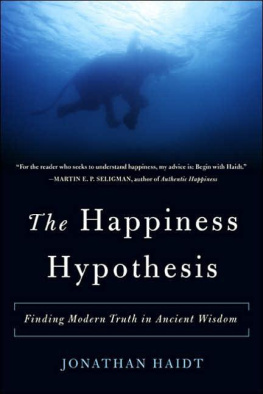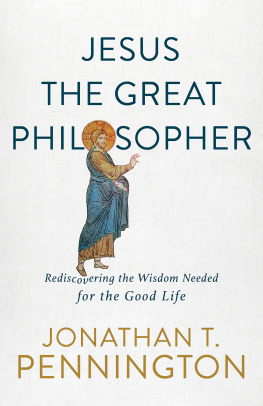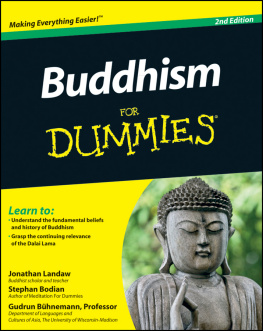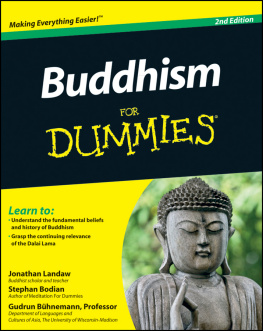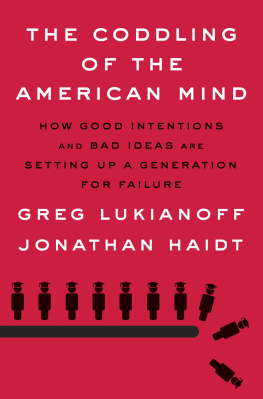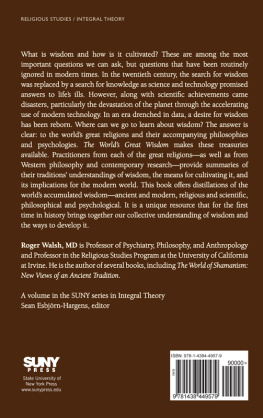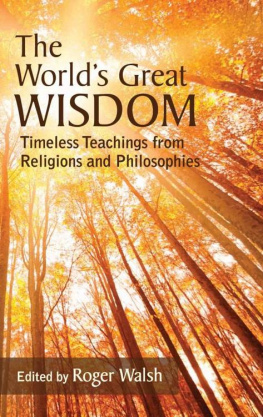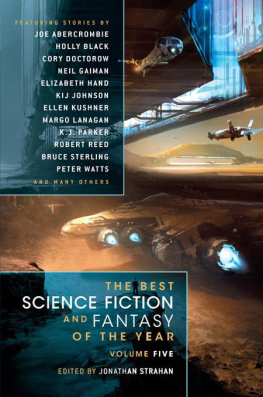
THE
HAPPINESS
HYPOTHESIS
Jonathan Haidt teaches psychology at the University
Virginia This is his first book for the general reader
A L S O B Y J O N A T H A N H A I D T
Flourishing: Positive Psychology and the Live Well-Lived( c o - e d i t o r )

THE
HAPPINESS
HYPOTHESIS
JONATHAN HAIDT
Putting Ancient Wisdom
and Philosophy to the
Test of Modern Science
a r r o w b o o k s

P u b l i s h e d b y A r r o w B o o k s , 2 0 0 6
4 6 8 10 9 7 5
C o p y r i g h t J o n a t h a n H a i d t , 2 0 0 6
J o n a t h a n H a i d t h a s a s s e r t e d his right u n d e r t h e C o p y r i g h t , D e s i g n s a n d Patents Act 1 9 8 8 t o b e identified a s t h e a u t h o r o f this w o r k T h i s b o o k is sold s u b j e c t to the c o n d i t i o n t h a t it shall n o t , by way of trade or o t h e r w i s e , be lent, resold, hired o u t , or o t h e r w i s e c i r c u l a t e d w i t h o u t the p u b l i s h e r ' s prior c o n s e n t i n a n y f o r m o f b i n d i n g o r c o v e r o t h e r t h a n that in w h i c h it is p u b l i s h e d a n d w i t h o u t a s i m i l a r c o n d i t i o n , i n c l u d i n g this c o n d i t i o n , b e i n g i m p o s e d o n t h e s u b s e q u e n t p u r c h a s e r First p u b l i s h e d in G r e a t Britain in 2 0 0 6 by William H e i n e m a n n
R a n d o m H o u s e , 2 0 Vauxhall B r i d g e R o a d , L o n d o n S W 1 V 2 S A
w w w . r a n d o m h o u s e . c o . u k
A d d r e s s e s for c o m p a n i e s within T h e R a n d o m H o u s e G r o u p L i m i t e d c a n b e f o u n d at: w w w . r a n d o m h o u s e . c o . u k
T h e R a n d o m H o u s e G r o u p L i m i t e d R e g . N o . 9 5 4 0 0 9
A C I P c a t a l o g u e r e c o r d for this b o o k is a v a i l a b l e f r o m t h e British Library
I S B N : 0 0 9 9 4 7 8 8 9 7
I S B N 13: 9 7 8 0 0 9 9 4 7 8 8 9 8
M i x e d Sources
_ J Product group from w*l-manjgd
^ ^U forests and other con tool ltd sources.
17 o www.fsc.org Cert no. TT-COC-2139
J ? O V _ < c 1996 Forest Stewardship Council Printed i n the U K b y C P I B o o k m a r q u e , C r o y d o n , C R O 4 T D
f o r J a y n e
i
i t
Contents
1 T h e Divided Self
2 Changing Your Mind
3 Reciprocity with a Vengeance
4 T h e Faults of Others
5 T h e Pursuit of Happiness
6 Love and Attachments
7 T h e U s e s of Adversity
8 T h e Felicity of Virtue
9 Divinity With or Without G o d
1 0 H a p p i n e s s C o m e s from Betwee n
1 1 Conclusion: On Balance
Acknowledgments
Notes
References
Index
Introduction:
Too Much Wisdom
W H A T S H O U L D I DO, ho w should I live, an d w h o m shoul d I b e c o m e ? M a n y of us ask such questions, and, modern life being what it is, we don't have to go far to find answers. W i s d o m is now so c h e a p and abundant that it floods over us from calendar pages, tea bags, bottle caps, and m a s s e-mail messages forwarded by well-meaning friends. We are in a way like residents of Jorge Luis Borges's Library of Babelan infinite library whose b o o k s contain every possible string of letters and, therefore, somewhere an explanation of why the library exists and how to u s e it. But Borges's librarians s u s p e c t that they will never find that book amid the miles of n o n s e n s e .
O u r prospects are better. Few of our potential sources of w i s d o m are nonsense, and many are entirely true. Yet, b e c a u s e our library is a l s o e f f e c
tively infiniteno one person can ever read more than a tiny f r a c t i o n w e f a c e the paradox of a b u n d a n c e : Quantity u n d e r m i n e s the quality of our engagement. With s u c h a vast and wonderful library spread out b e f o r e us, we often skim books or read just the reviews. We might already have e n c o u n
tered the Greatest Idea, the insight that would have transformed us had we savored it, taken it to heart, and worked it into our lives.
This is a book about ten Great Ideas. E a c h chapter is an a t t e m p t to savor one idea that has b e e n discovered by several of the world's civilizationsto question it in light of what we now know from scientific research, a n d to extract from it the lessons that still apply to our modern lives.
I am a social psychologist. I do experiments to try to figure out one corner of human social life, and my corner is morality and the moral emotions.
I am also a teacher. I teach a large introductory psychology class at the University of Virginia in which I try to explain the entire field of psychology in twenty-four lectures. I have to present a thousand research findings on everything from the structure of the retina to the workings of love, and then hope that my students will u n d e r s t a n d and r e m e m b e r it all. As I struggled with this challenge in my first year of teaching, I realized that several ideas kept recurring across lectures, and that often these ideas had been stated eloquently by past thinkers. To summarize the idea that our emotions, our reactions to events, and s o m e mental illnesses are caused by the mental filters through which we look at the world, I could not say it any more concisely than Shakespeare: "There is nothing either good or bad, but thinking makes it so."1 I began to u s e such quotations to help my students remember the big ideas in psychology, and I began to wonder just how many such ideas there were.
To find out, I read dozens of works of ancient wisdom, mostly from the world's three great zones of classical thought: India (for example, the Upanishads, the Bhagavad Gita, the sayings of the Buddha), China (the Analects of Confucius, the Tao te Ching, the writings of M e n g Tzu and other philosophers), and the cultures of the Mediterranean (the Old and N e w Testaments, the Greek and Roman philosophers, the Koran). I also read a variety of other works of philosophy and literature from the last five hundred years.
Every time I found a psychological c l a i m a statement about human nature or the workings of the mind or heartI wrote it down. Whenever I found an idea expressed in several p l a c e s and times I considered it a possible Great Idea. But rather than mechanically listing the top ten all-time most widespread psychological ideas of humankind, I decided that coherence was more important than frequency. I wanted to write about a set of ideas that would fit together, build upon each other, and tell a story about how human beings can find happiness and meaning in life.
Helping people find happiness and meaning is precisely the goal of the new field of positive psychology,2 a field in which I have been active,3 so this book is in a way about the origins of positive psychology in ancient wisdom and the applications of positive psychology today. M o s t of the research I will cover was done by scientists who would not consider themselves positive psychologists. Nonetheless, I have drawn on ten ancient ideas and a great variety of modern research findings to tell the best story I c a n about the causes of human flourishing, and the obstacles to well being that we place in our own paths.
Next page
